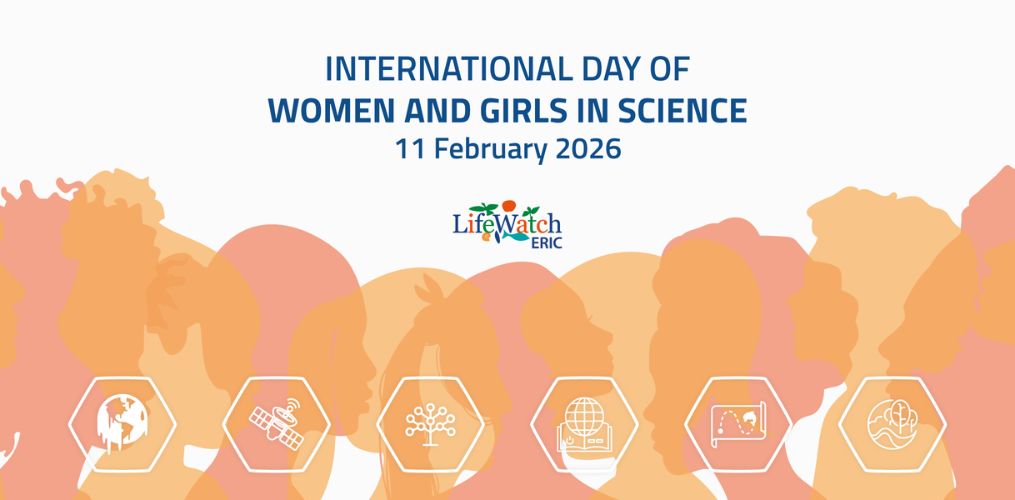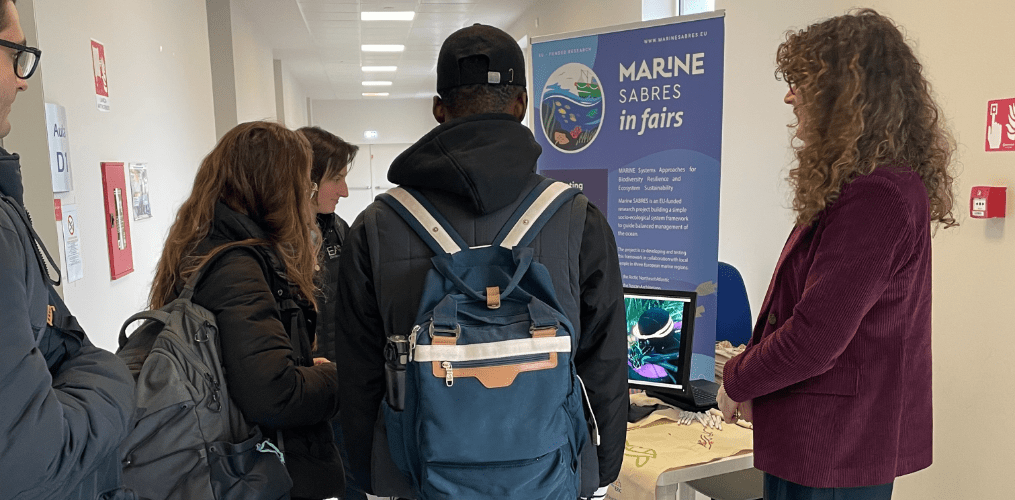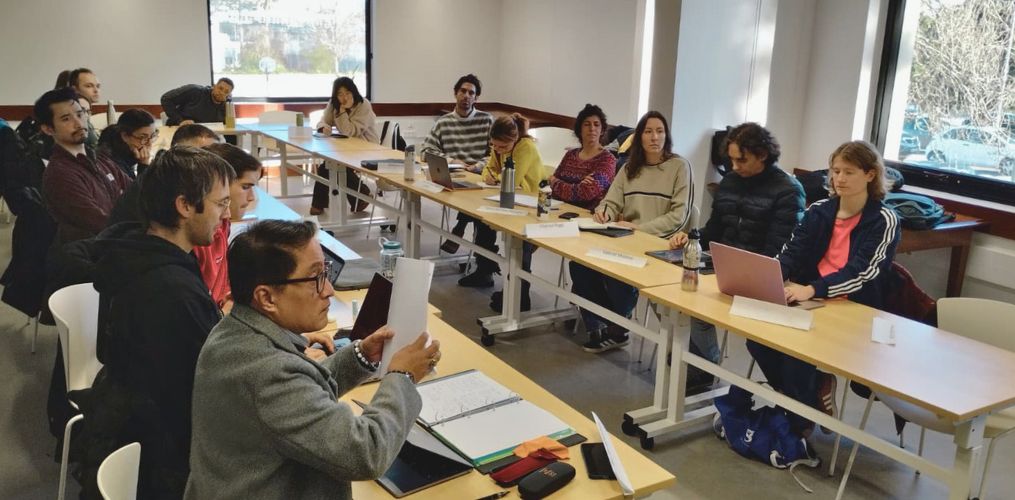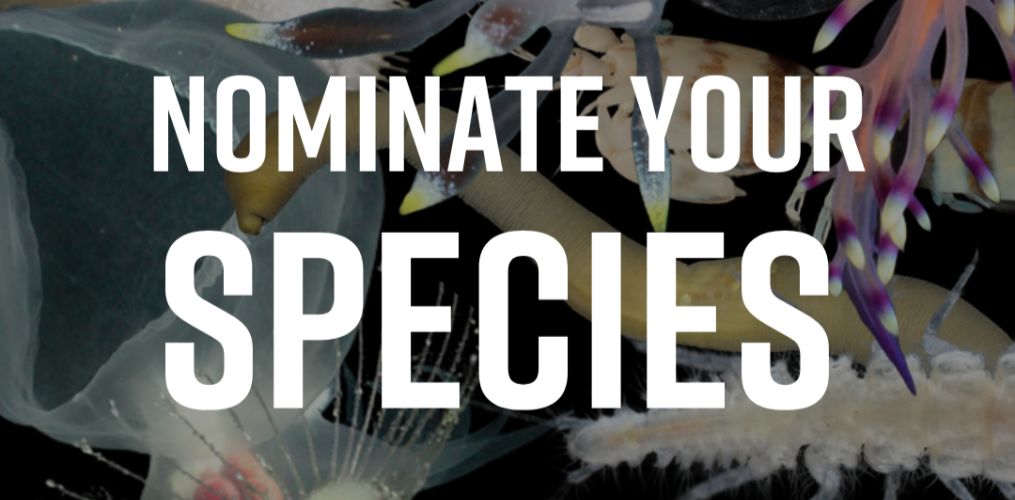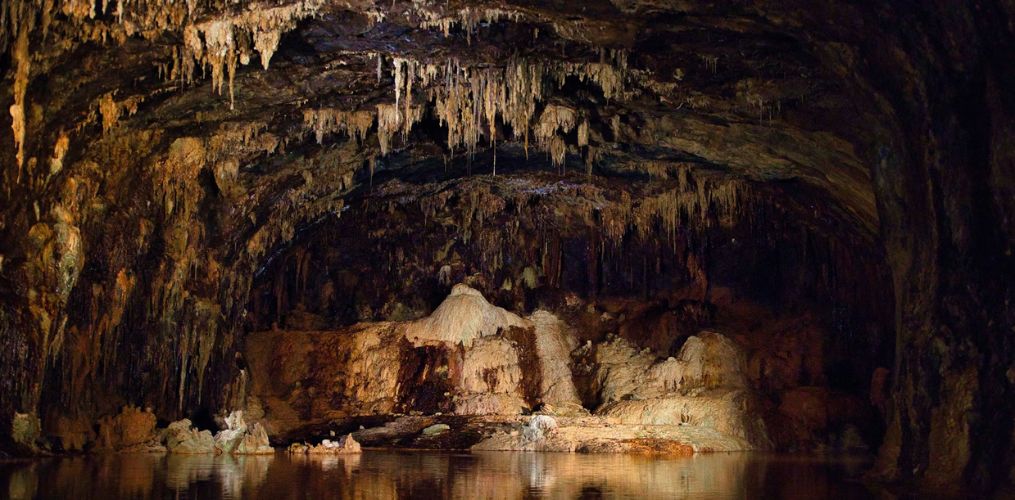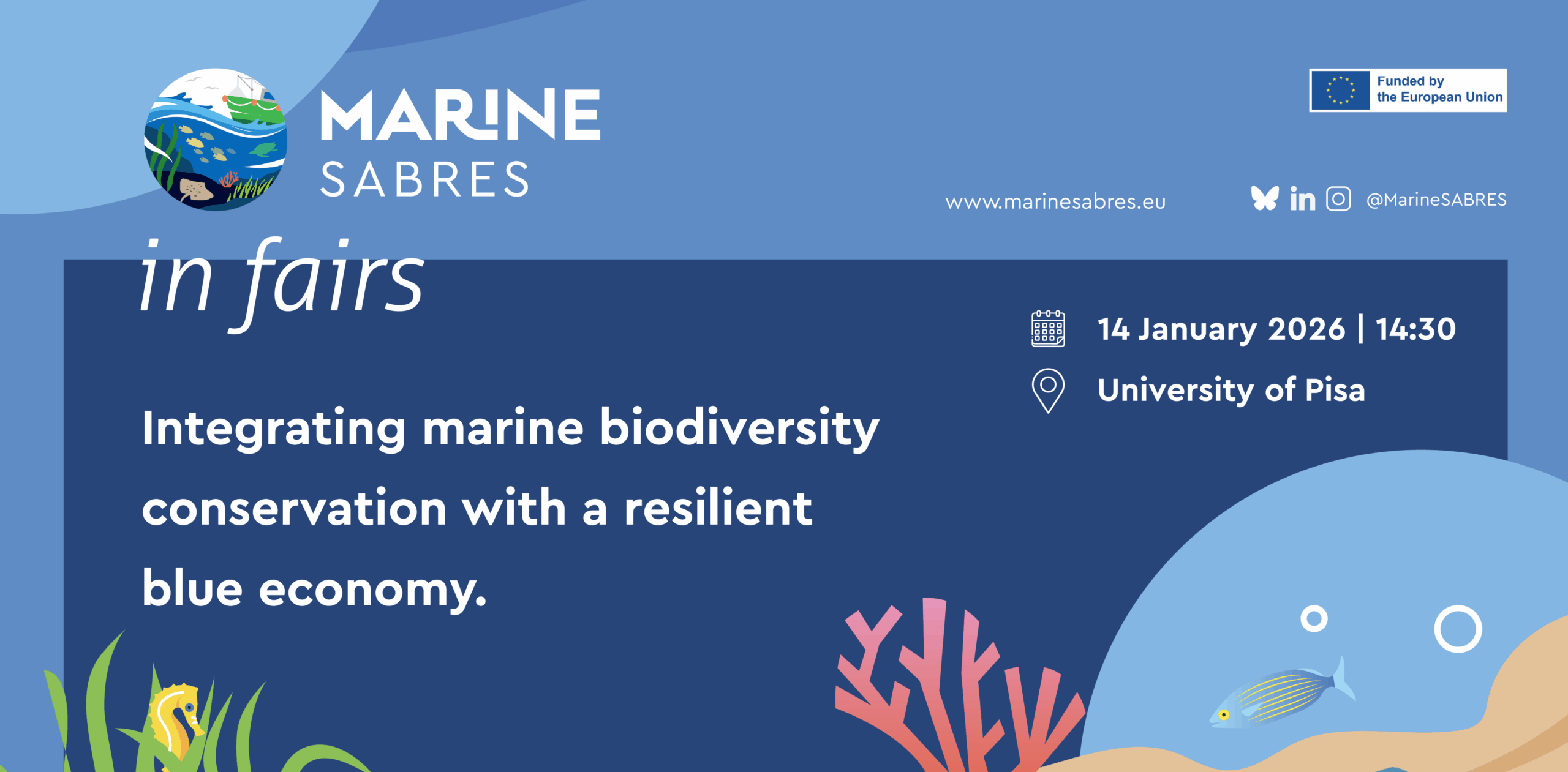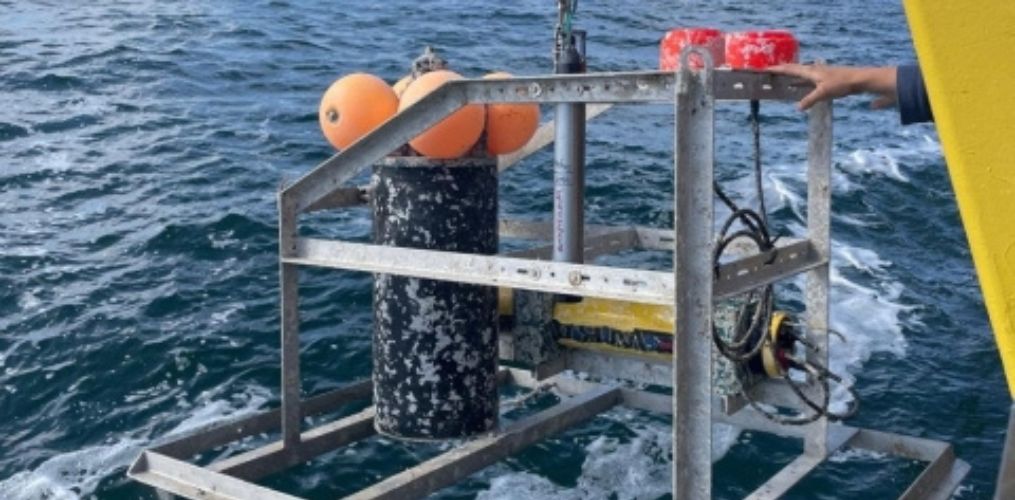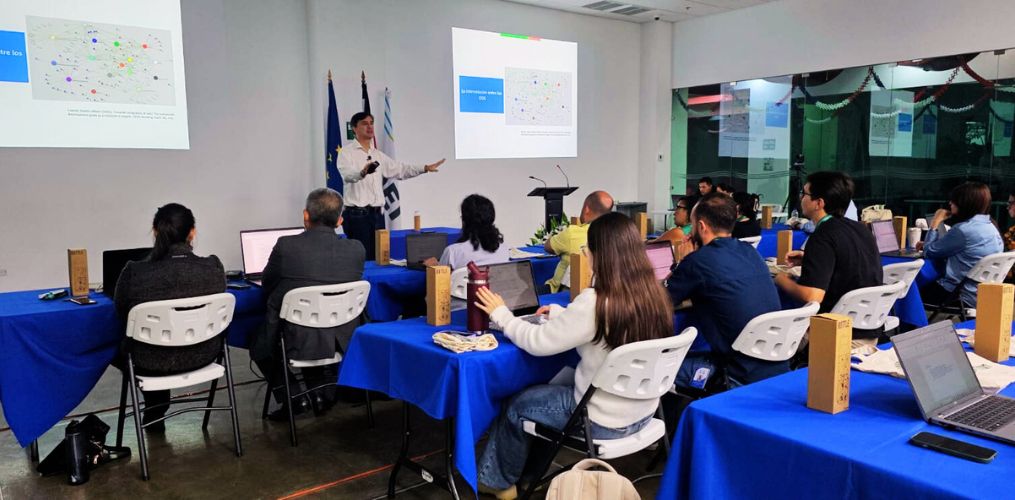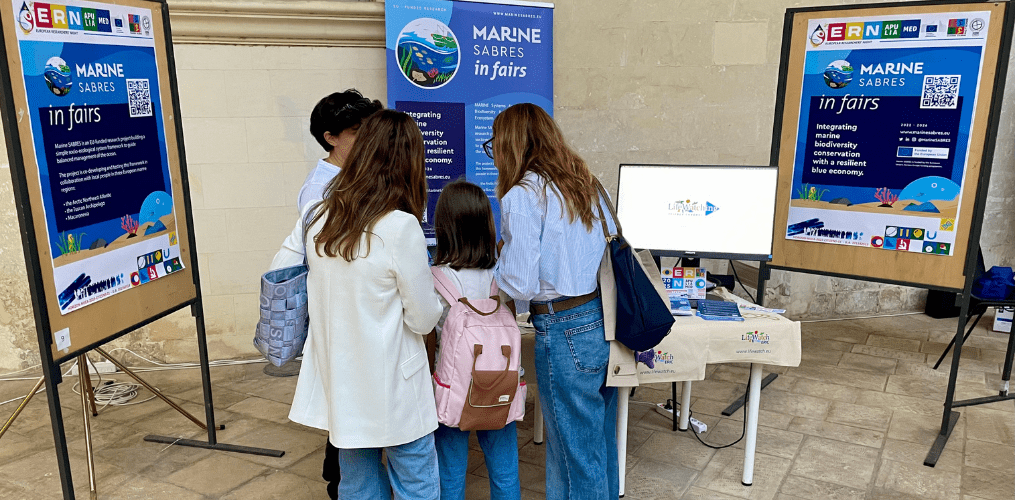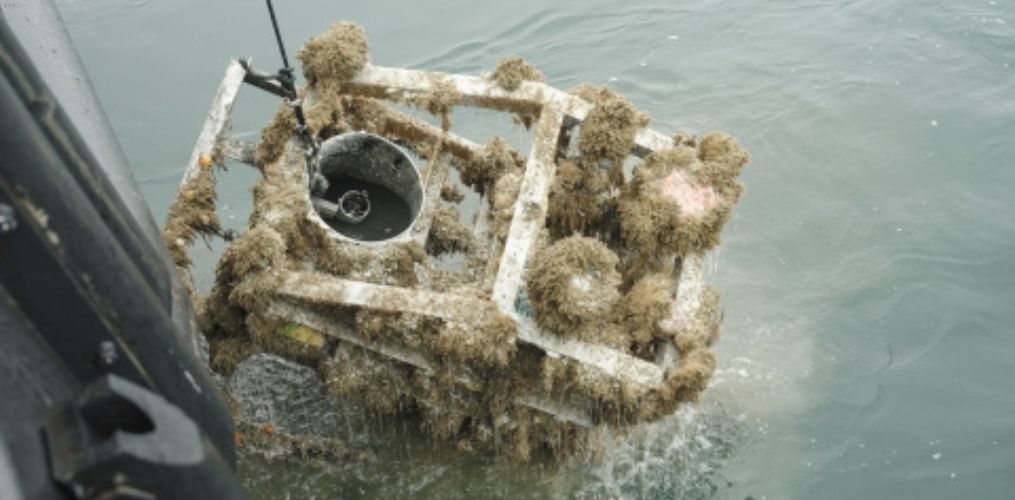On 11 February, LifeWatch ERIC joins the global celebrations to raise awareness on the important initiative of the International Day of Women and Girls in Science.
Every year, we have the privilege of working with excellent women scientists, and sometimes we get a chance to feature them in our videos, where they share their knowledge and experience first-hand. To honour this day, we have curated a special Women in Science selection on LifeWatching TV, bringing together and republishing a series of interviews with women researchers.
This collection offers but a glimpse into the impact of women’s contribution on biodiversity and ecosystem research, fields where they often remain underrepresented. We invite you to explore these contents covering topics such as Digital Twins, FAIR data, coastal wetlands restoration, biological invasions, and much more!
The full selection is available here: https://www.lifewatching.tv/women-in-science.
We have also dedicated a special section within our podcast series. You can access it by clicking on the tag “Women in Science”: https://www.lifewatch.eu/podcasts. Enjoy the conversations!
About the International Day of Women and Girls in Science:
This initiative started in 2015, during the inaugural High-Level World Women’s Health and Development Forum, organised by the Royal Academy of Science International Trust (RASIT), and the United Nations Department of Economic and Social Affairs (DESA): https://www.womeninscienceday.org/our-history.html.
The Outcome Declaration of the Forum focused on women’s health and development, reaffirming the importance of physical and mental health of girls and women as a planetary approach to sustainable development, the crucial role of country leadership, and the importance to tackle aspects such as global maternal mortality, uneven progress, gender differences in media representation, among many others.
Every year since 2015 (last year marked the 10th anniversary), this day is internationally celebrated and continues growing global awareness and visibility on the achievements of women in science, and on the need for full and equal access to STEM roles for women and girls.
